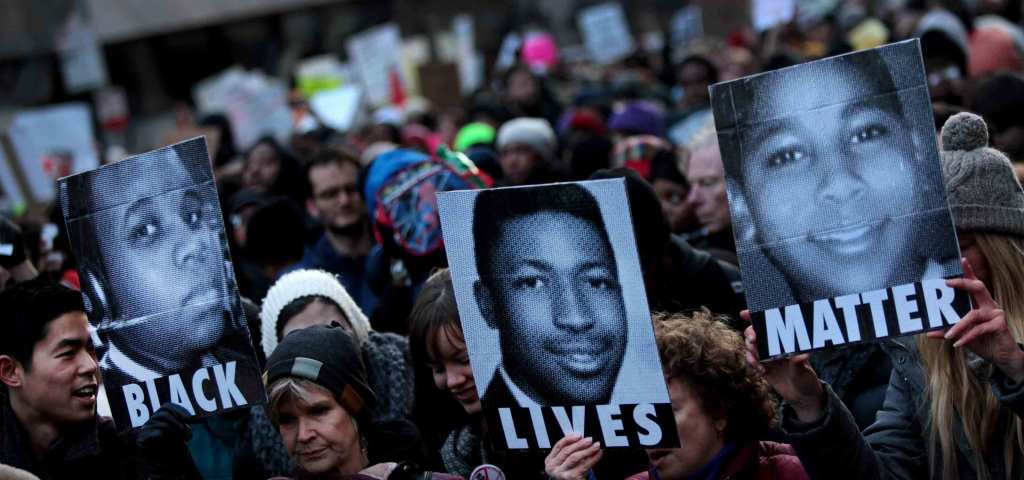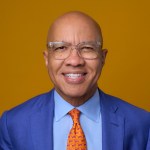 Yana Paskova © The New York Times
Yana Paskova © The New York TimesNearly a half century ago, during the final days of Dr. Martin Luther King Jr.’s life, he penned what he called a “testament of hope,” an epistle he could not have known would be among his last. “Whenever I am asked my opinion of the current state of the civil rights movement,” Dr. King began, “I am forced to pause; it is not easy to describe a crisis so profound that it has caused the most powerful nation in the world to stagger in confusion and bewilderment.”
During these past few weeks, as each of us has attempted to make sense of Michael Brown and Eric Garner’s senseless killings, “confusion and bewilderment” abound. In private moments and public demonstrations, we have been overwhelmed with emotion. We have grappled with disbelief, frustration, shame, and anger.
Yet, confronted anew with a crisis as old as the country, it’s my conviction that we must give our own testament of hope.
There is hope, for example, in the fact that I can compose this essay from my desk at the Ford Foundation; that a black, gay man — born to a brave single mother in a Louisiana charity hospital, the product of Head Start, public schools, and Pell Grants — can rise to become president of a prominent global foundation.
There is hope in knowing that, from the trial of conscience so many Americans are now experiencing, we can emerge — and perhaps are emerging — a more unified, more equal, more just America.
Founding Contradiction
I draw this hope from the incredible demonstrations still unfolding across the country — demonstrations heartening not only for their message, but their make-up. People of all backgrounds, young people in particular, rallying for justice is a powerful, transformative sight. I hope we keep seeing it.
Goodness knows we need our eyes opened. Too often a majority of Americans seek comfort in the idea of American exceptionalism, the idea that no matter our flaws we are fundamentally righteous and just. So it bears repeating that the United States was in fact founded on a fundamental contradiction that, two centuries later, remains dauntingly unresolved: The founders pledged their sacred honor to the idea that “all men are created equal,” while in the same instant creating a nation in which they are patently not equal.
Among the many compromises that made possible our charters of freedom were choices to count my enslaved ancestors as three-fifths of a person; to protect the bondage and sale of children; to legitimize hierarchies of gender, class, and skin color.
Alexis de Tocqueville saw this dissonance in our national character quite clearly as he traveled across our early republic. On one hand, early America was distinctive in its communitarian and entrepreneurial equality, he noted. On the other, the issues of slavery and racial inequality were “the most formidable of all the ills which threaten the future existence of the Union.”
He was right on both counts, of course. We are the inheritors of both parts of this heritage: the sense of promise as well as the tendency toward persecution.
It is understandable, then, that more than two centuries later—after a civil war and a movement for civil rights—we should feel confused and bewildered when this contradiction emerges into our national consciousness yet again.
Photo: Yana Paskova/The New York Times/Redux
Video: Darren Walker reads an excerpt from his essay, A New Testament of Hope.
Accessibility Statement
- All videos produced by the Ford Foundation since 2020 include captions and downloadable transcripts. For videos where visuals require additional understanding, we offer audio-described versions.
- We are continuing to make videos produced prior to 2020 accessible.
- Videos from third-party sources (those not produced by the Ford Foundation) may not have captions, accessible transcripts, or audio descriptions.
- To improve accessibility beyond our site, we’ve created a free video accessibility WordPress plug-in.
